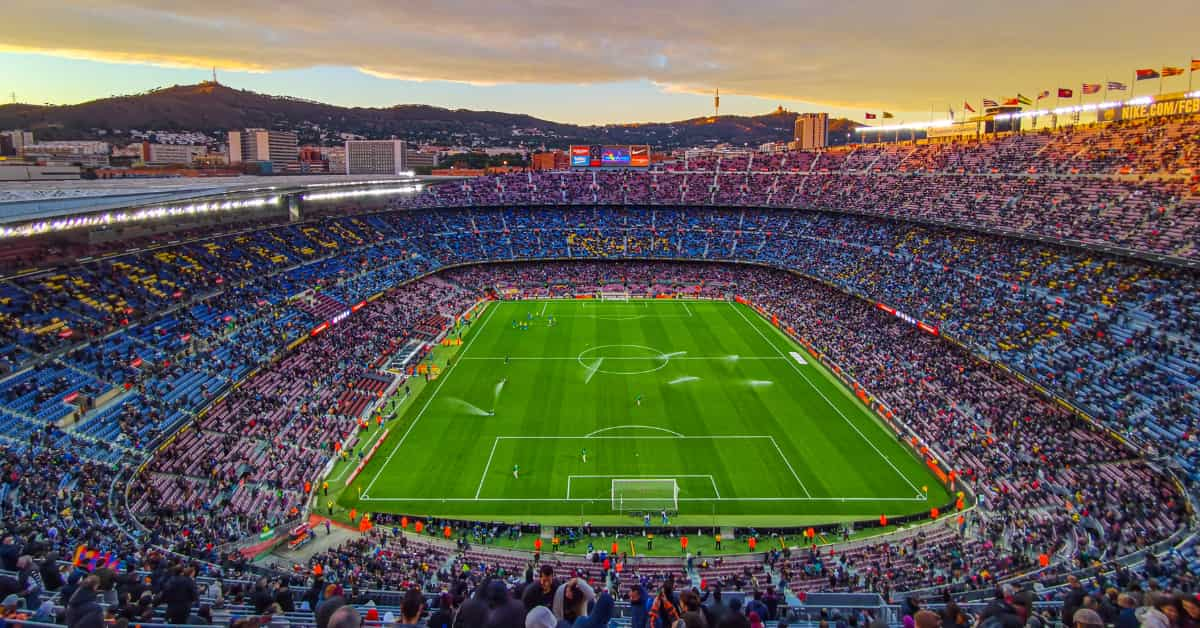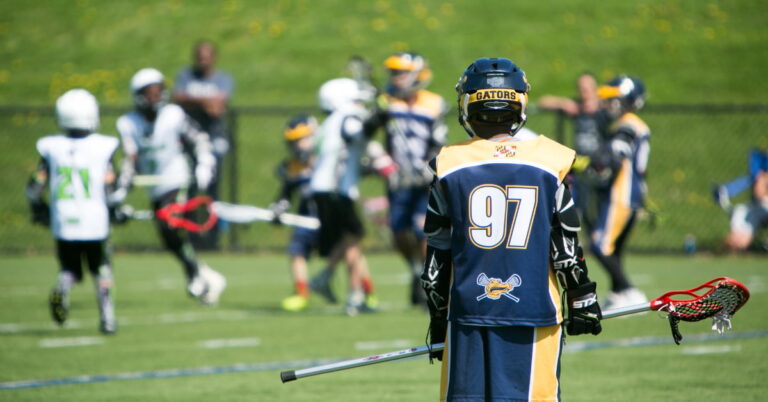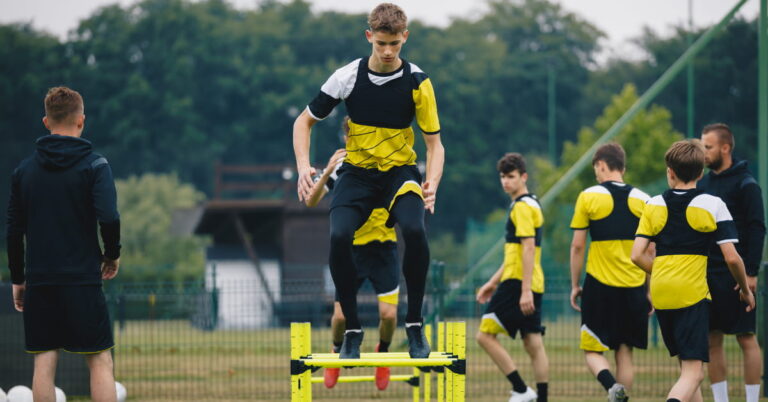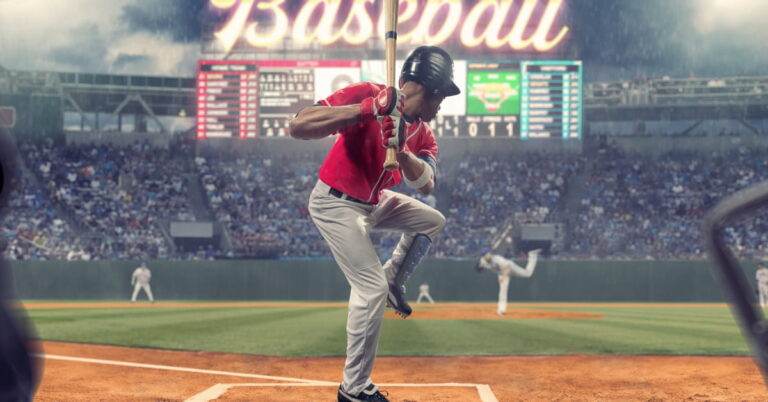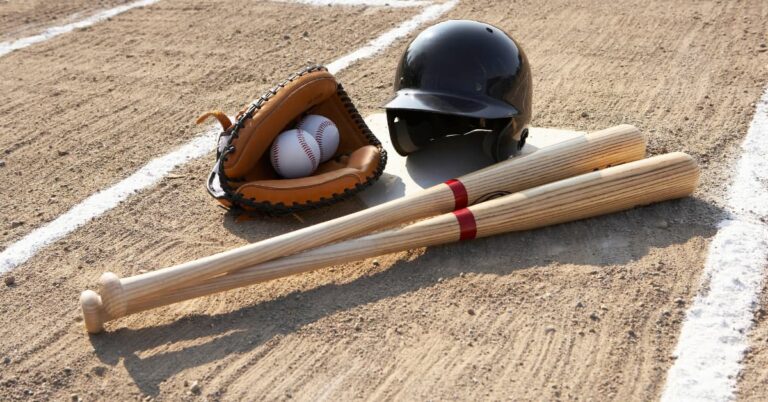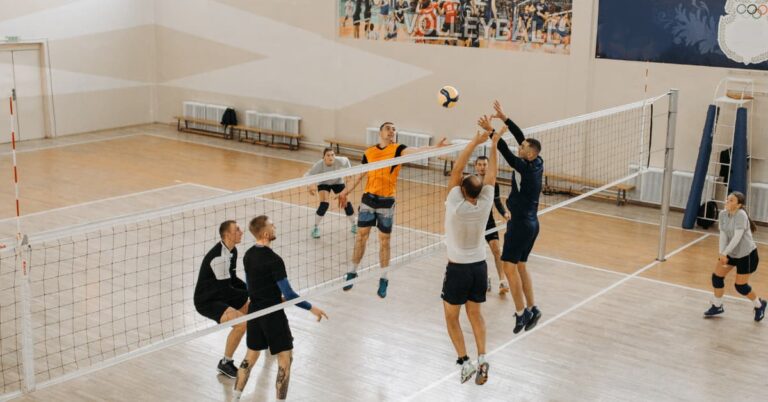How Long Are Soccer Games?
Soccer is a sport played all over the world by people from all backgrounds. It’s also a sport where everyone has a chance to excel. That said, there are many different factors that go into determining how long a game of soccer will last. How long are soccer games? It depends on a variety of factors, including the skill level of the players, the weather conditions, and the quality of the field. But these are the most common reasons why soccer games can last longer than expected.
How Long Are Soccer Games?
So you’re new to soccer, or maybe you’ve played before but want to know more about the game. You’ve come to the right place! We’re going to talk about how long soccer games are, and how many players are on each team. Also, as what equipment they use, what’s happening on the field, how scoring works, and more.
Let’s start with how long soccer games are. Soccer games can be as short as a few minutes (like a training session) or as many as two hours (like an international friendly). Most professional soccer games are around 90 minutes long. But this can vary depending on whether it’s a league game or an international competition.
In order for a game to start, there need to be 11 players on each team, 10 field players plus 1 goalie. Field players include defenders, midfielders, and attackers. The goalies’ main job is to stop shots from going in the net by using their hands and feet. They also have some specialized equipment like gloves with extra padding and shin guards that protect them from getting kicked by other players.
Middle School

Middle school soccer games are between 60 and 70 minutes long. This time frame is perfect for a game that gives players enough time to get in their workout while still having enough time to make their bus or drive home after the match.
The middle school soccer game typically starts with an opening ceremony. It includes the national anthem, a prayer, and other ceremonies that may be unique to your team or league (ex: presenting awards). The game then kicks off with a coin toss, where the winning team gets to choose which end of the field they want to defend. The other team then chooses which goal they will attack at the beginning of each period.
After that, play begins! There are two periods in a middle school soccer game, each lasting 30 minutes (with an extra five minutes added on at the end of each half). In between periods, there is a break where teams can change players if necessary. And coaches can address any issues with players or officiating staff members during the halftime break.
High School
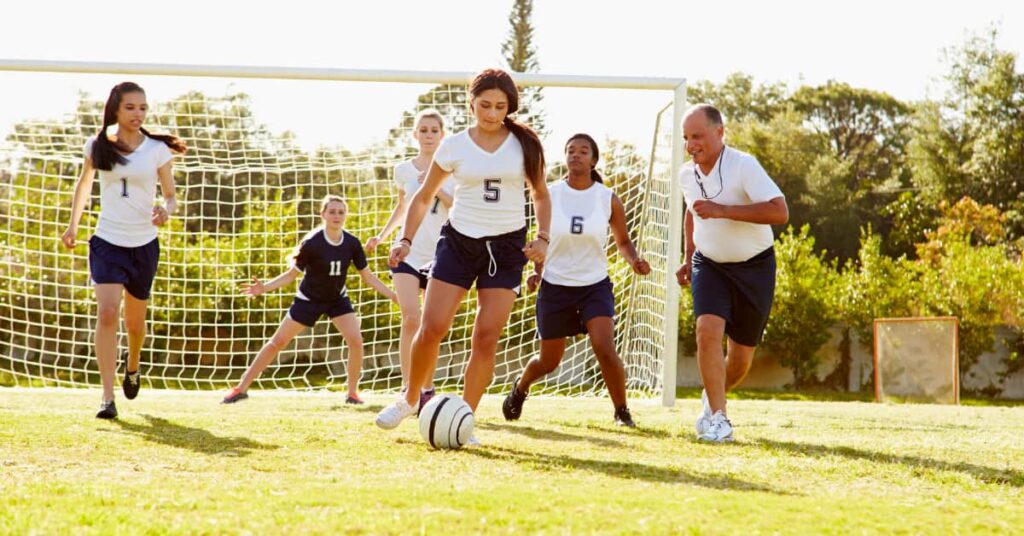
High school soccer games are 80 minutes long.
The game starts with a coin toss, and the winner gets to choose whether to kick off or which end zone to defend. The team that kicks off is called the home team. The other team is called the away team.
The clock runs continuously except for halftime when both teams take a break for 20 minutes. If a player takes longer than 45 seconds to get back into position after being injured, the referee can stop the clock.
Moreover, If your team scores a goal while they are attacking, you get a point, and possession of the ball goes back to where it was before your goal was scored. If your team scores while defending, you get two points and possession stays where it was before your goal was scored.
College

College soccer games are usually 90 minutes long. That means you can expect to see two halves and a halftime break.
College soccer games are divided into two halves, each with 45 minutes of play. The clock runs continuously throughout the game and there is only one break for half-time (which lasts 15 minutes).
There are no time-outs in college soccer. So if you want to take a bathroom break or get another drink from the concession stand, you should do it during half-time!
Youth

Soccer games can be a lot of fun, but they can also be pretty long. If you’ve never been to a soccer game before, you might not know how long they last.
In the United States, youth soccer games are broken up into age groups: U12s play for 60 minutes; U14s play for 70 minutes; U16s play for 80 minutes; and U19s play 90-minute games.
This means that if your team wins the first half of a game. And loses the second half, then you’ll have to wait until next week to get another chance at victory!
If your child is playing on a team with other players of similar skill levels, then this may not be much of an issue. However, if there’s one person who is much better than everyone else on their team. Or one player who isn’t quite as good as the others. You may find yourself wondering why their coach isn’t doing something about it sooner rather than later.
Professional
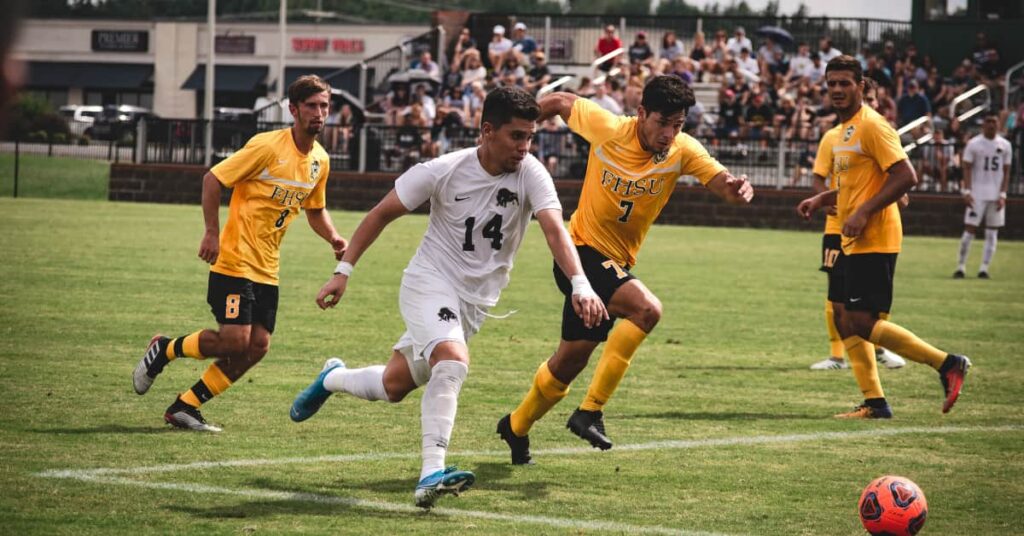
Professional soccer games are 90 minutes long. The game is divided into two 45-minute halves, with a short break between them.
During the game, there are seven players on each team, and they can only kick the ball using their feet. There are also three referees who watch over the game and make sure it is played fairly.
At the beginning of each half, teams line up at opposite ends of the field and kick off the ball to start play. After that, it’s up to them to score as many goals as possible!
See more: How Many Soccer Players Are On A Team?
What is added time in soccer?
Added time is the period of time at the end of a soccer match that is added to the game clock. The game clock runs continuously during the game, with stoppages for injuries and substitutions. The referee can add more time to the clock if needed in order to ensure that play can continue without interruption.
When a goal is scored and the referee has not added extra time to the clock, players and coaches are allowed to ask for it. Referees may also add time if they feel that play has been interrupted too frequently or for other reasons.
The amount of added time depends on how much was left in regular play and how much was played after the goal was scored. It can range from one minute up to five minutes. It depends on what is deemed appropriate by the referee. Also, the players are involved in a dispute over whether additional time needs to be played out before any further decision about goals or penalties can be made.
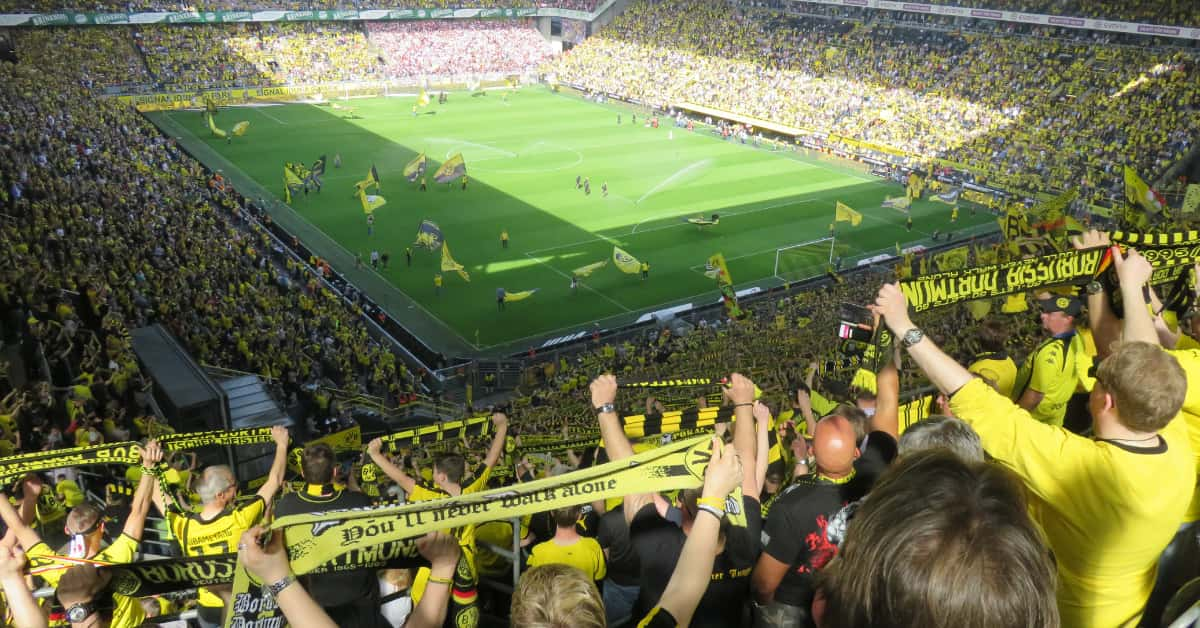
Factors that affect the length of a soccer game
The length of a soccer game can be affected by several factors. The most obvious is the score. If one team is way behind, they may take more risks and push forward to try to score. This can lead to more goals being scored. If they are ahead, they may play more defensively and try to hold onto their lead.
Weather conditions
If it is raining or snowing, the game will be delayed while players change into their appropriate gear. The ball will also become wetter and heavier, meaning it will be harder to maneuver. This could result in more injuries as well. If there is a strong wind, it can affect how far the ball travels when kicked or passed by players on either team.
Skill Level
The skill level of the players is another factor that will affect how long a soccer game lasts. If two teams are evenly matched, they’ll likely be able to score goals at roughly the same rate and keep things interesting until the end of regulation time or extra time if necessary. If one team has an advantage over another (e.g., they’re better players), then they’ll likely score more goals and win sooner than if they weren’t so skilled at playing soccer.
Substitution
If both teams make equal numbers of substitutions, then the timeouts will have an effect on how long the match lasts. If there are no timeouts during play, then this could make the game shorter than if there were frequent stoppages due to injuries. Or fouls committed by one side against another player who was not part of either team at any point during play.
Quality Of Play
The quality of play also affects how long a soccer game takes. If both teams are playing well and making good moves, then games will be shorter. Because there will be fewer stoppages in play due to fouls or injuries. However, if one team is playing poorly or making many errors, then games will take longer. Because there will be more stoppages for injuries or for substitutions due to fatigue.
Conclusion
Soccer games can be quite long, especially if they are tied at the end. The length of the game largely depends on how evenly matched the teams are. If one team is significantly better or has a larger advantage, the game may be over sooner. So make sure to come out and support your favorite team! Get ready for a long game!

